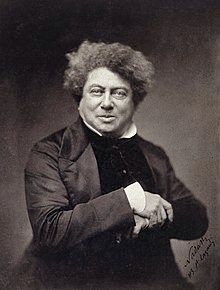157 reads
The Count of Monte Cristo, Illustrated: Chapter 19 - The Third Attack
by
July 14th, 2022
Audio Presented by

Many of my historical novels of high adventure were originally published as serials, including The Count of Monte Cristo
About Author
Many of my historical novels of high adventure were originally published as serials, including The Count of Monte Cristo
